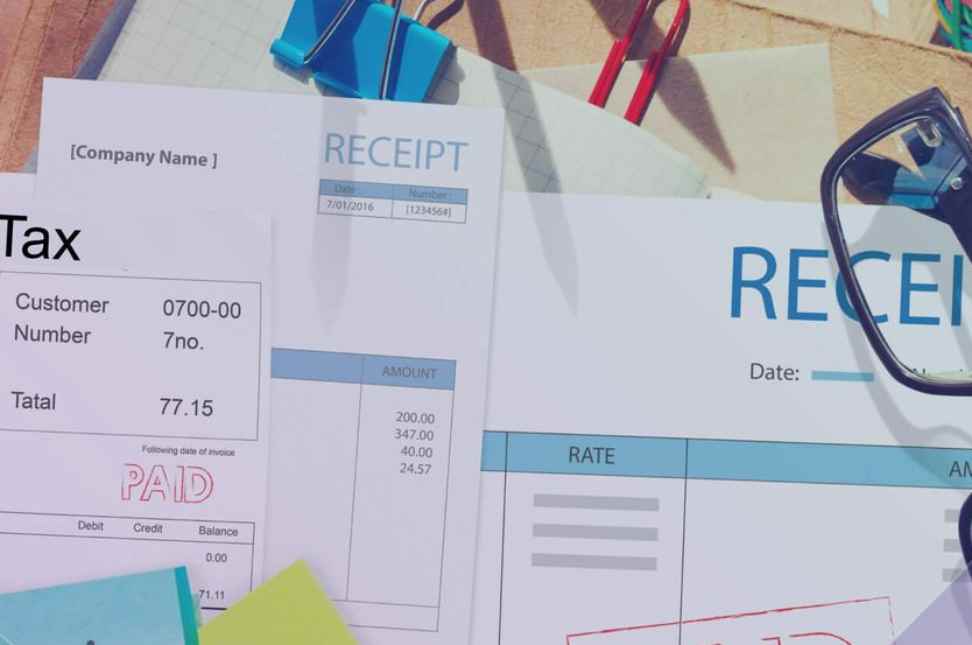In the realm of employment and finance, paystubs stand as vital documents that bridge the gap between an employer and an employee. These succinct papers provide a comprehensive breakdown of earnings, deductions, and taxes withheld, offering transparency and clarity in wage transactions. In this article, we delve into the pivotal role of paystubs in wage management, exploring their significance, functions, and the convenience offered by modern tools.
The Role of Paystub:

A pay stub serves as a tangible record of an employee’s compensation for a specific pay period. It outlines crucial details such as gross wages earned, deductions for taxes, insurance premiums, retirement contributions, and net pay—the amount the employee actually receives.
Beyond its informational value, a paystub serves multiple purposes for both employers and employees:
- Transparency and Verification: Paystubs ensure transparency in wage transactions, allowing employees to verify that they are being compensated accurately according to their agreed-upon salary or hourly rate. It acts as a safeguard against errors or discrepancies in payment.
- Budgeting and Financial Planning: For employees, paystubs offer valuable insights into their income streams and expenditures. By understanding their earnings and deductions, individuals can better budget, plan for expenses, and manage their finances effectively.
- Tax Compliance: Paystubs play a crucial role in tax compliance for both employers and employees. They provide the necessary information for calculating and withholding federal, state, and local taxes. Additionally, they serve as documentation during tax filing processes, helping individuals report their income accurately to tax authorities.
- Proof of Income: Paystubs serve as proof of income for various purposes, such as applying for loans, renting apartments, or applying for government assistance programs. Lenders and agencies often require paystubs as evidence of a stable income source and financial capability.
- Dispute Resolution: In case of any disputes regarding wages or deductions, paystubs serve as concrete evidence that can be referenced by both parties to resolve issues swiftly and fairly. They provide a clear breakdown of earnings and deductions, facilitating communication and resolution.
The Evolution of Paystub Generation:
Traditionally, paystubs were generated manually by employers, requiring significant time and effort to compile and distribute. However, with advancements in technology, the process of generating paystubs has been streamlined and simplified through the use of paystub generators.
A paystub generator is a software tool designed to automate the creation of paystubs, allowing employers to generate accurate and professional-looking documents quickly. These tools typically require minimal input, such as employee information, pay period dates, and earnings details, and can generate a paystub instantly.
One notable advantage of using a paystub generator is the elimination of human error. By automating the process, the likelihood of miscalculations or inaccuracies in paystubs is significantly reduced, ensuring that employees receive accurate compensation.
Furthermore, paystub generators offer flexibility and customization options, allowing employers to tailor paystubs to meet specific requirements or comply with regulations. They can incorporate company logos, branding elements, and additional information as needed, enhancing professionalism and branding consistency.
The emergence of free paystub generator has democratized access to this essential tool, particularly for small businesses and entrepreneurs with limited resources. These online platforms offer basic paystub generation functionalities at no cost, making them accessible to a wider audience.
Paystubs play a crucial role in resolving wage disputes between employees and employers. Here’s how:
- Documentation of Payment: Paystubs provide a documented record of an employee’s earnings for a specific pay period. They outline the gross pay, deductions, and net pay received by the employee. This serves as tangible evidence of what was paid to the employee.
- Verification of Hours Worked: Paystubs often detail the number of hours worked by the employee during the pay period, along with the corresponding rate of pay. This information helps verify whether the employee was compensated accurately for their time worked.
- Deductions and Withholdings: Paystubs typically list various deductions and withholdings, such as taxes, insurance premiums, retirement contributions, and any other authorized deductions. Employees can review these deductions to ensure they are correct and in line with their employment agreement and applicable laws.
- Compliance with Employment Laws: In many jurisdictions, employers are legally required to provide employees with detailed pay stubs that comply with specific laws and regulations. These laws often mandate the inclusion of certain information, such as hours worked, rates of pay, and itemized deductions. If an employer fails to provide accurate pay stubs or includes incorrect information, they may be in violation of these laws.
- Evidence in Legal Proceedings: If a wage dispute escalates to a legal proceeding, paystubs serve as critical evidence to support the claims of both parties. Courts and labor agencies often rely on pay stubs to determine whether an employer has violated wage and hour laws or breached an employment contract.
- Resolution of Discrepancies: If an employee believes they were underpaid or improperly compensated, they can use their pay stubs to identify discrepancies and raise concerns with their employer. Pay stubs provide a clear breakdown of earnings, making it easier to pinpoint errors and resolve disputes through communication or formal channels.
Conclusion
In conclusion, paystubs serve as indispensable tools in navigating and resolving wage disputes within the workplace. By offering proof of income, facilitating calculation verification, and providing a record of payment, paystubs play a pivotal role in ensuring fair compensation and promoting transparency in employment practices.
As legal evidence and catalysts for conflict resolution, these documents empower employees to assert their rights and seek redress for any grievances they may encounter. Moving forward, both employers and employees must recognize the critical importance of paystubs in upholding the principles of fairness, equity, and accountability in the realm of employment.
Have A Look :-
- Connecting on Instagram: Finding the People You Know
- Maintaining Privacy on Instagram: Understanding Follower Visibility
- Spice Up Your Instagram Story with Multiple Photos: A Comprehensive Guide

